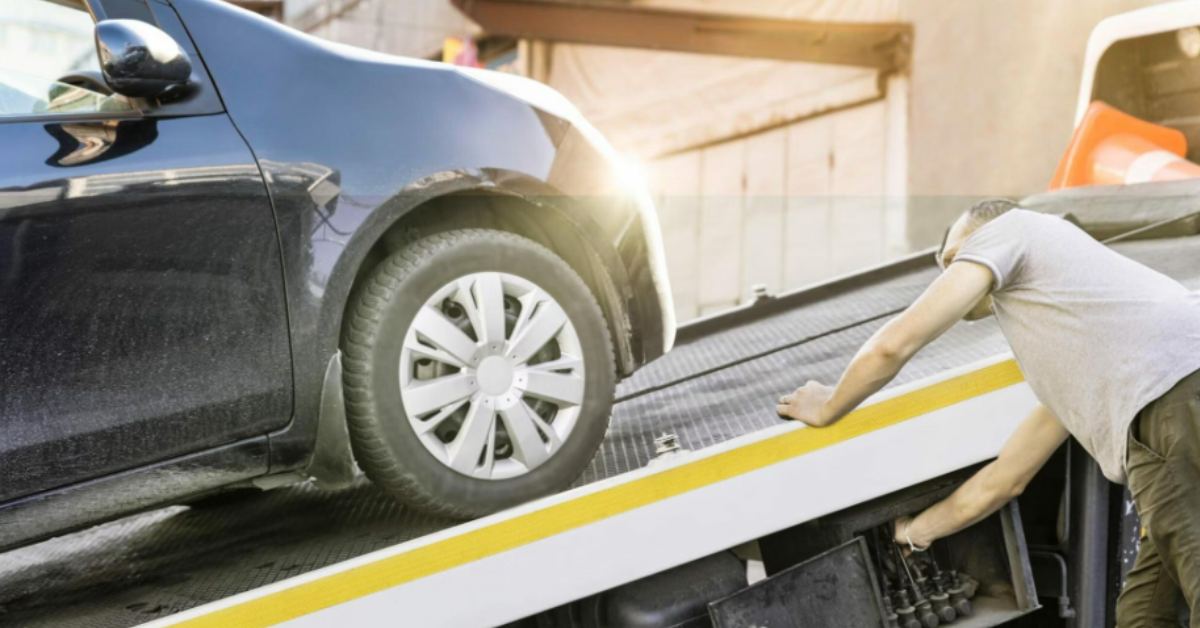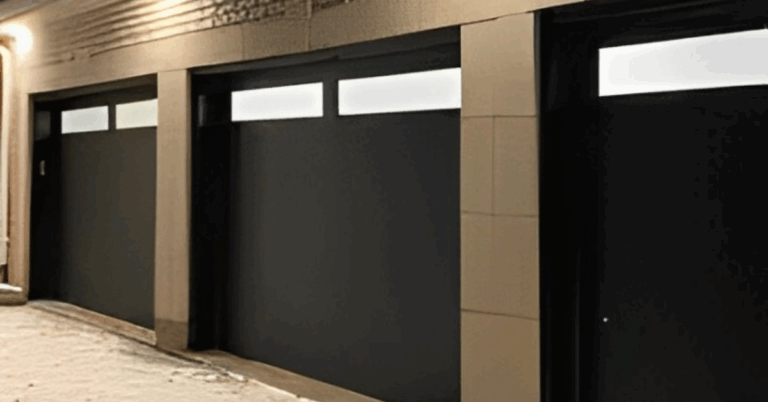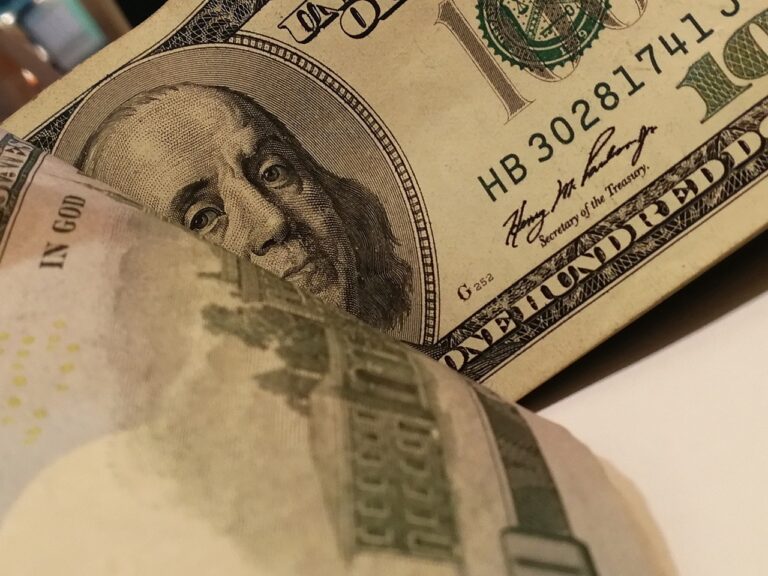Scrap Car Singapore: A Complete Guide
Scrap Car Singapore is a necessary process for vehicle owners who no longer wish to renew their COE or whose cars have reached the end of their lifespan. With strict regulations and high costs associated with car ownership, many owners choose to scrap their vehicles to recover some value while ensuring proper disposal. This guide covers everything you need to know about scrapping a car in Singapore, from the process and paperwork to tips on maximizing your returns.
Understanding Car Scrapping in Singapore
In Singapore, cars are typically registered with a Certificate of Entitlement (COE) that lasts for ten years. When the COE expires, owners must decide whether to renew it or deregister the vehicle. If you choose not to renew the COE, scrapping or exporting the car becomes the best option.
Scrapping a car means sending it to an authorized scrapyard or vehicle deregistration center, where it will be dismantled and disposed of in an environmentally responsible manner. Some parts, such as the engine, metal body, and electronic components, may be salvaged for recycling.
Reasons to Scrap Your Car
There are several reasons why car owners in Singapore opt to scrap their vehicles:
-
COE Expiry: When the COE expires, renewing it requires a significant financial investment. If the car is old, scrapping might be a more cost-effective choice.
-
High Maintenance Costs: Older cars often require expensive repairs and servicing, making it more practical to scrap them rather than keep them running.
-
Environmental Regulations: Singapore has strict emissions regulations, and older cars may not meet the required standards, making scrapping a better option.
-
Depreciation: Cars lose value over time. If the resale value is too low, scrapping the car may be more financially beneficial.
Steps to Scrap a Car in Singapore
Step 1: Deregister Your Car
Before scrapping your vehicle, you must deregister it with the Land Transport Authority (LTA). This process can be completed online through the LTA’s OneMotoring website. You will need:
-
The car’s log card
-
Your NRIC or FIN (if you’re the owner)
-
Proof of full loan settlement (if applicable)
Once deregistered, your car will no longer be allowed on the road, and you must arrange for it to be towed to the scrapyard.
Step 2: Find an Authorized Scrapyard
It is essential to choose an LTA-approved scrapyard to ensure that your car is disposed of correctly. These scrapyards follow proper environmental guidelines and provide the necessary deregistration documentation.
Some reputable scrapyards in Singapore include:
-
DirectCars Scrap Car Services
-
LTA-Approved Vehicle Scrapyards
-
Export Companies (for selling used car parts)
Step 3: Obtain a Scrapping Quote
Different scrapyards offer varying rates for scrap cars, depending on factors like:
-
Vehicle condition
-
Make and model
-
COE and PARF rebates (if applicable)
-
Market demand for used car parts
To get the best deal, obtain multiple quotes and compare offers before finalizing a scrapyard.
Step 4: Arrange for Vehicle Collection
Once you have chosen a scrapyard, you need to arrange for your vehicle to be towed. Most scrapyards offer free towing services as part of the scrapping process. Ensure that you receive a scrapping certificate after the car is delivered.
Step 5: Claim Your PARF and COE Rebate
If your car is eligible for a Preferential Additional Registration Fee (PARF) rebate, you can claim it from the LTA. The rebate amount depends on the car’s age and original Open Market Value (OMV).
Similarly, if you scrap your car before its COE expires, you can claim a COE rebate for the unused portion. The amount is calculated based on the number of months remaining on your COE.
Maximizing Your Scrap Car Value
To get the best value for your scrap car, consider these tips:
-
Sell Usable Parts Separately: Some parts, like the engine, battery, and tires, may have resale value. Selling them separately can increase your overall returns.
-
Compare Scrapyard Offers: Don’t settle for the first offer. Different scrapyards provide different rates, so shop around before making a decision.
-
Check for Export Opportunities: Some dealers export used cars instead of scrapping them, which may fetch a better price. If your car is in decent condition, check if export is an option.
-
Negotiate the Best Price: Scrapyard rates are not always fixed, and some flexibility may exist. Try negotiating for a better deal.
Alternatives to Scrapping
If your car is still in good condition, scrapping may not be the best option. Here are some alternatives:
-
Sell to a Used Car Dealer: Dealers may offer a better price if your car is still roadworthy.
-
Export Your Car: Some countries accept older Singaporean cars for resale. Exporting could fetch a better price than scrapping.
-
COE Renewal: If the car is still in good condition, renewing the COE allows you to continue driving it for another five or ten years.
Frequently Asked Questions
How much can I get for scrapping my car in Singapore?
The scrap value depends on the car’s condition, COE balance, and PARF rebate eligibility. Some cars fetch a few hundred dollars, while others can get thousands.
How long does it take to scrap a car in Singapore?
The process is relatively quick, usually taking one to two days, including vehicle collection and paperwork completion.
Do I need to be present when scrapping my car?
No, but you must provide the necessary documents and ensure that you receive the scrapping certificate.
Can I drive my car after deregistering it?
No, once a car is deregistered, it is illegal to drive it on Singapore roads. You must arrange for towing.
What happens if I don’t deregister my car on time?
Failing to deregister a car before the COE expires may result in penalties. You may also lose any potential rebates.
Scrapping a car in Singapore is a straightforward process, but making informed decisions can help you maximize returns. Whether you choose to scrap, export, or sell your vehicle, understanding your options ensures that you get the best value while complying with regulations.







